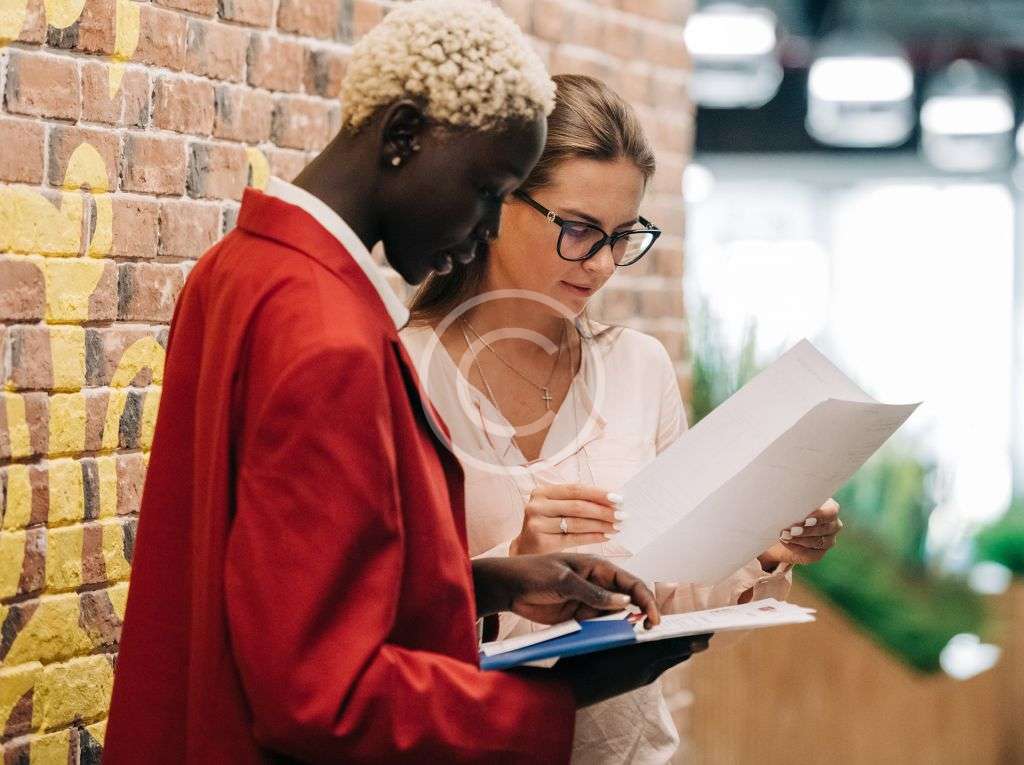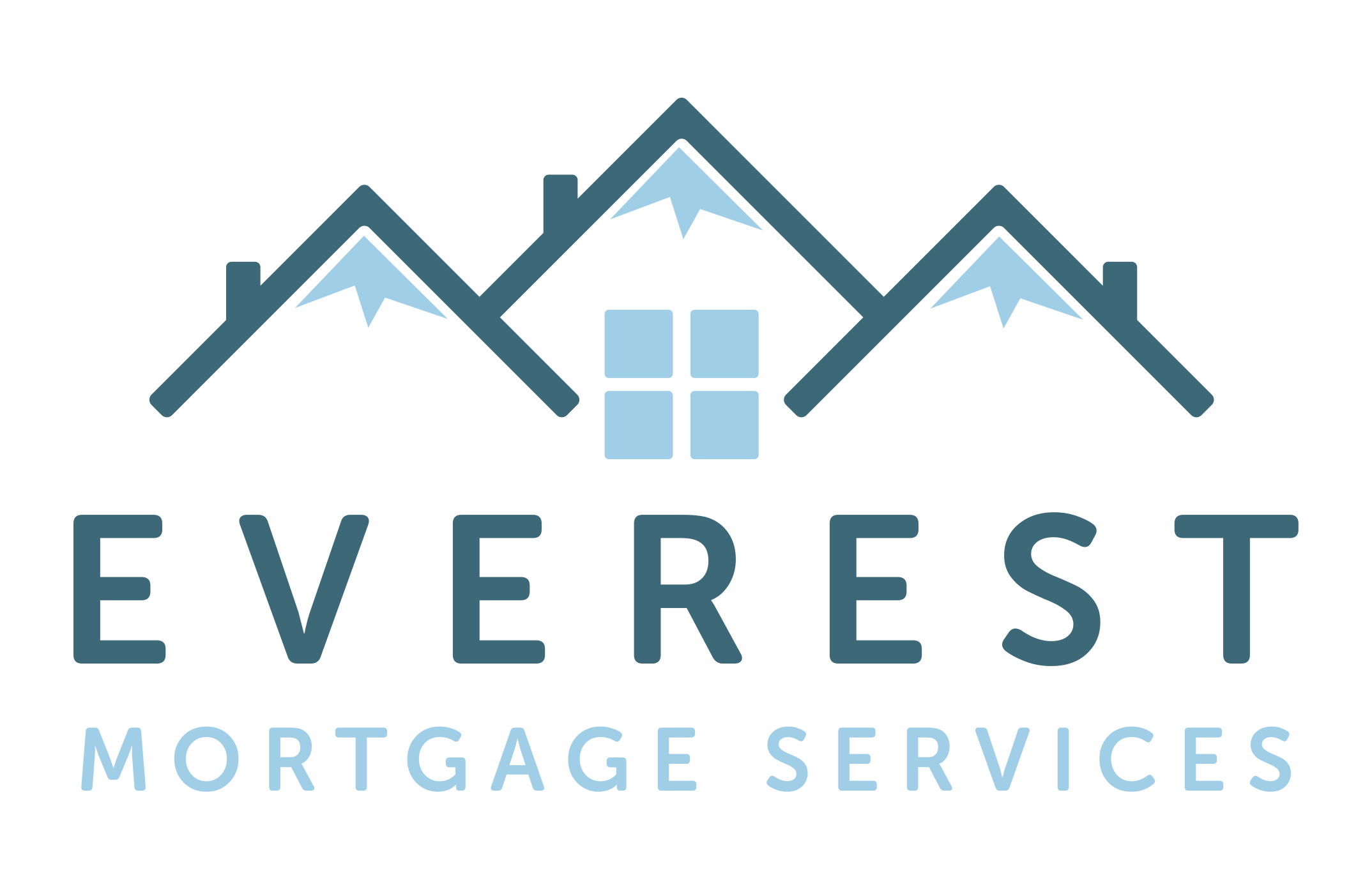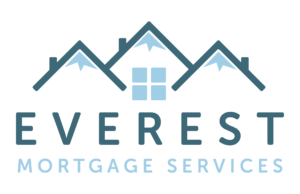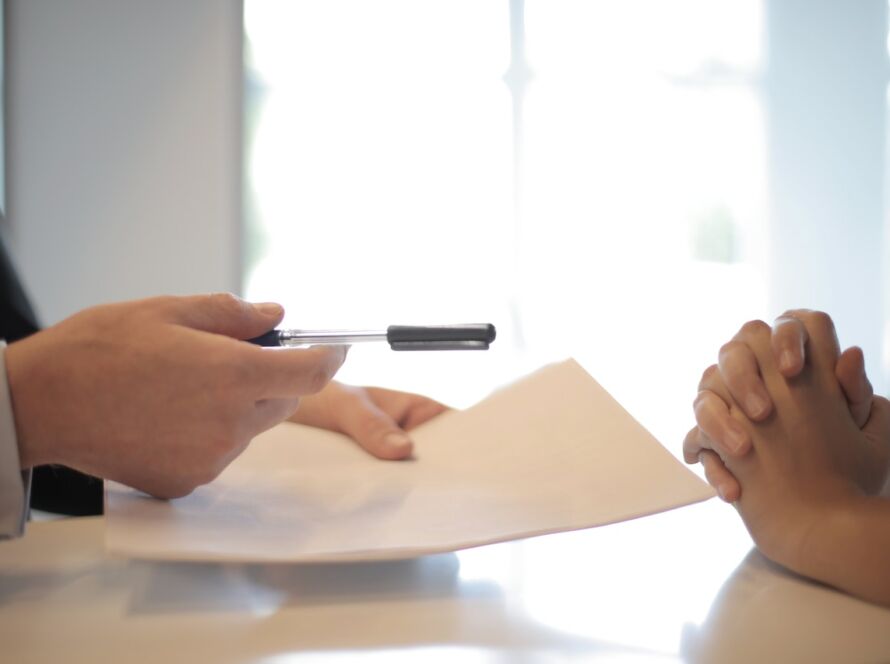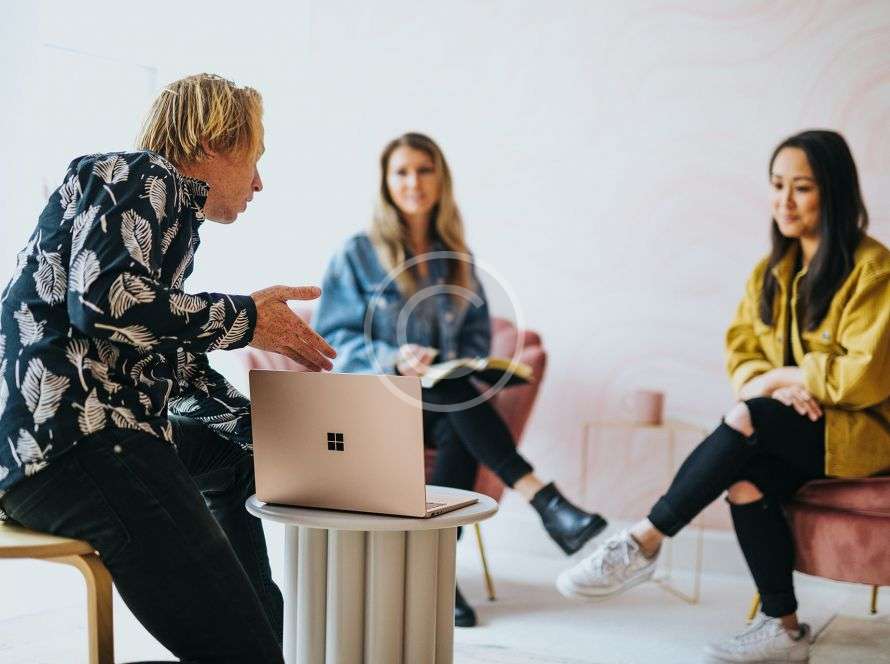Buying your first home is an exciting prospect but there are things that you need to do in order to secure your mortgage. In this guide, we are going to help you through the process so you can secure the mortgage you need and get the keys to your first home.
Get Your Mortgage Agreed in Principle
The first step is to have a mortgage agreement in principle. To do this, you will need to make an application to a lender whereby they will carry out basic checks on your financial situation. At this point, you will then have an idea of how much lenders are willing to lend.
This is the most important part of the process as this will enable you to understand what types of properties you can purchase. To do this, you can speak to a mortgage adviser who will then take your financial position such as earnings, savings and outgoings before discovering which lenders are willing to give you the money you need.
This is known as a Mortgage Agreement in Principle and is the first stage of the process. They will provide a written statement that informs you of how much you can borrow and over how long you will pay it back. The amount that is quoted is not guaranteed and will be subject to a full application but this will give you an idea of what you can borrow.
Now you will have an idea of how much you can borrow and what kind of deposit you will need to put down on your chosen property. However, you are now in a position to be able to go looking for a property.
The Types of Mortgage
When it comes to your mortgage, you do have some options to choose from although your mortgage adviser will help you to determine which is right for you. A repayment mortgage will mean that you repay the amount you have borrowed on a monthly basis with interest. If you opt for an interest-only mortgage, you have to pay back the interest on the loan before paying back the amount you owe at the end of the term
Think About the Deposit
Most lenders are going to want you to pay a deposit which will need to be paid upfront. The bigger your deposit, the less money you have to borrow so it can make sense to save as much as possible. However, most lenders will expect you to put down a deposit of anything from 10% to 20%. When you speak with an adviser, they will be able to give you as much information as possible and they might even be able to help you access schemes that enable you to put a smaller deposit down.
Stamp Duty
Depending on the home that you purchase, you might have to pay tax which is also known as stamp duty. You won’t have to pay stamp duty on properties up to £300,000 in England and for properties priced between £300,000 and £500,000 there is a stamp duty of 5%.
The Full Mortgage Application
Once you have found a property and understood what you are going to need to pay in terms of a deposit and possible stamp duty, you can now make a full mortgage application. This will mean that your application will go through the full process whereby it is agreed through the lenders underwriting and will go through all necessary checks. A valuation on your chosen property will take place to ensure that it is considered a secure asset and if so, the lender will then inform you of whether you are successful. If you are successful, you have managed to secure your first home

